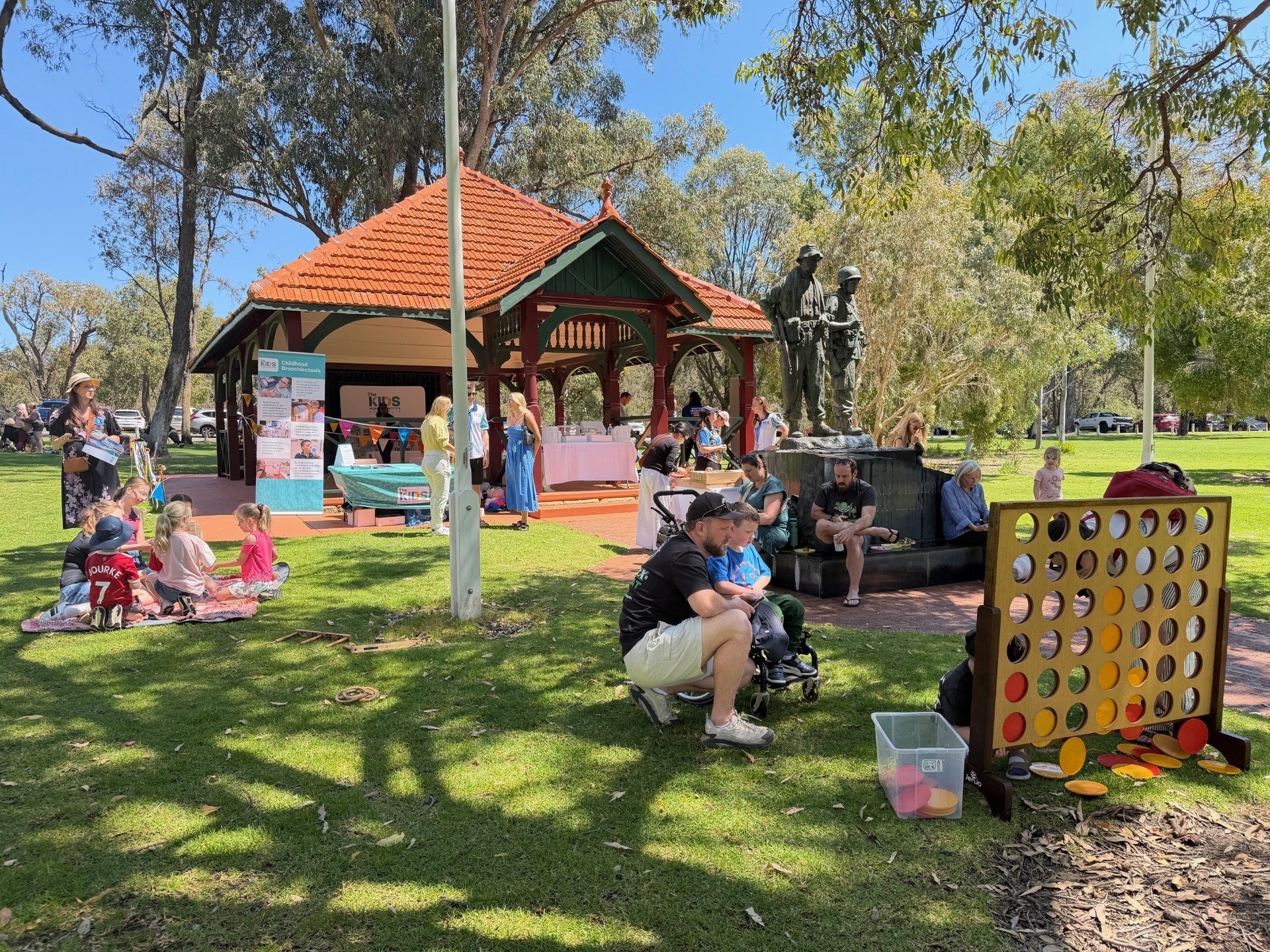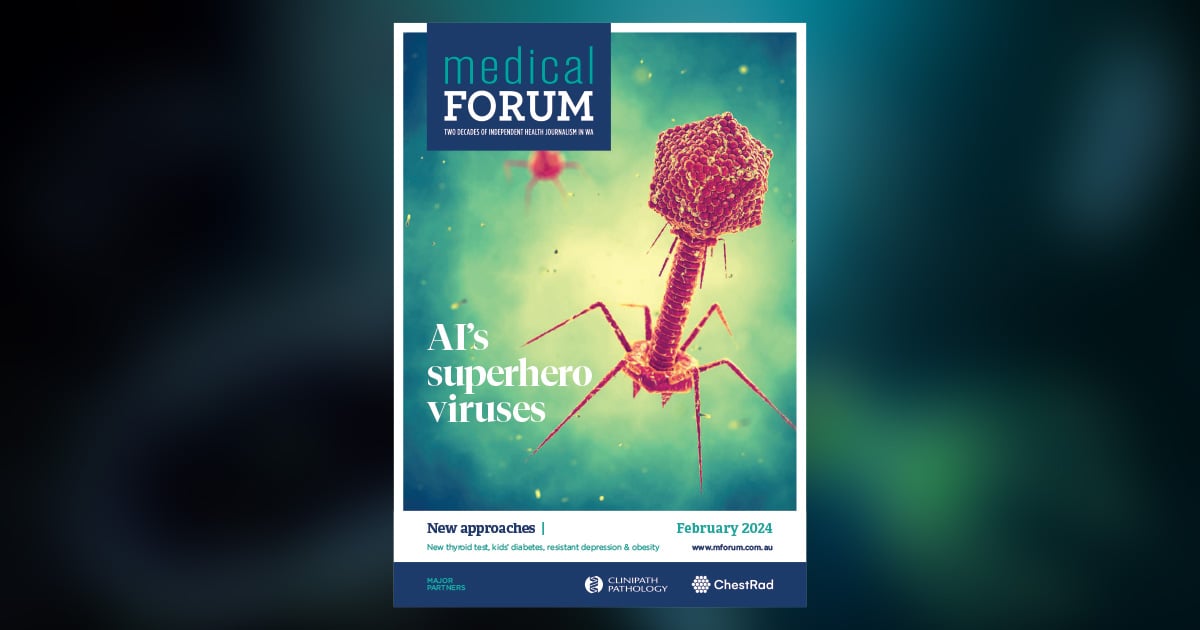Search

Aspergillus Infections and Progression of Structural Lung Disease in Children with Cystic Fibrosis Rationale: Recent data show that Aspergillus

Phagocyte extracellular traps in children with neutrophilic airway inflammation Childhood lung infection is often associated with prominent

Identifying pediatric lung disease: A comparison of forced oscillation technique outcomes Abstract Rationale Increasing evidence suggests the forced

Changing Prevalence of Lower Airway Infections in Young Children with Cystic Fibrosis Aspergillus is a type of fungus that is found everywhere in

An adapted novel flow cytometry methodology to delineate types of cell death in airway epithelial cells Cystic fibrosis (CF) lung disease is

Overcoming Challenges to Make Bacteriophage Therapy Standard Clinical Treatment Practice for Cystic Fibrosis Individuals with cystic fibrosis (CF)

News & Events
A BRIGHT day for little lungsFamilies affected by bronchiectasis gathered in Kings Park recently for a special event hosted by the BRIGHT Study team, celebrating community, connections, and conversations.

News & Events
Combatting Antibiotic-Resistant Superbugs: Phage Therapy's Role Explored in Medical Forum WA MagazineOn the front cover of this month’s Medical Forum WA Magazine - Superhero viruses, #AI and the final phage.

Reply to Turnbull et al. and Hulme et al. Reply to Turnbull et al. and Hulme et al. Authors: Oded Breuer, Andre Schultz, Lidija Turkovic, Nicholas de
Research
Priority setting: Development of the South Australian Aboriginal Chronic Disease Consortium RoadMap for ActionAboriginal and Torres Strait Islander (Aboriginal) people in South Australia are overburdened by cardiovascular disease, diabetes and cancer. The South Australian Aboriginal Chronic Disease Consortium (Consortium) was established in June 2017 as a collaborative partnership to lead the implementation of three state-wide chronic disease plans using a strategic approach to identifying key priority areas for action.
